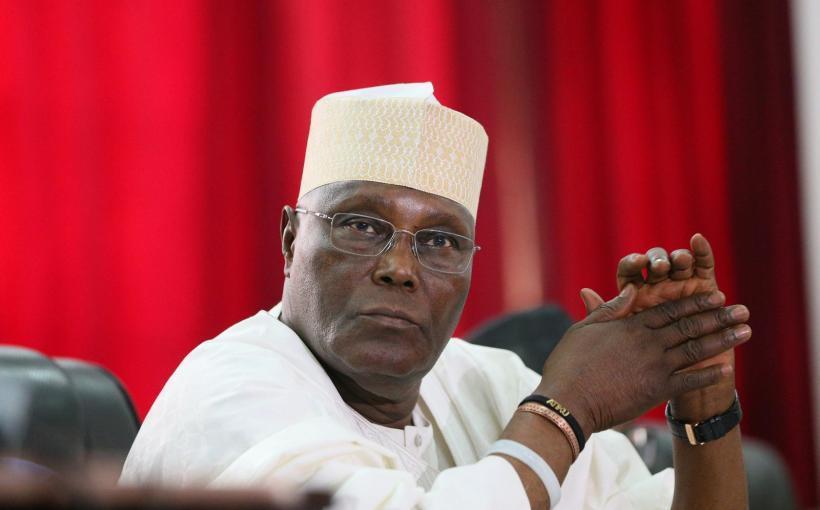EDUCATION
Nigeria’s higher education sector over populated – Atiku

Former Vice-President Atiku Abubakar has said that Nigeria’s higher education sector was overburdened by population growth.
He suggested the establishment of more tertiary institutions across the country to cope with the country’s growing population.
He stated this at a public hearing on a bill to establish Modibbo Adama University Yola, held at the National Assembly Complex, Abuja on Thursday.
It was reported that the bill passed second reading in the Senate on Nov. 13.
The bill seeks to convert the Modibbo Adama University of Technology (MAUTech) Yola, a mono-disciplinary institute to a multi-disciplinary and engaging institution of higher learning.
Abubakar said that the higher education sector was also overburdened by a significant youth bulge.
“More than 60 per cent of the country’s population is under the age of 24 years; almost one in four Sub-Saharan people reside in Nigeria, making it Africa’s most populous country.
“From an estimated 42.5 million people at the time of independence in 1960, Nigeria’s population has more than quadrupled to 186,988 million people in 2016 (UN projection).
“The United Nations anticipates that Nigeria will become the third largest country in the world by 2050 with 399 million people,’’ Atiku said.
The former vice-president said that with such projections, Nigeria’s exponential population growth was exerting immense pressure on the country’s resources and overstretching public services and infrastructure.
Abubakar further explained that record from Joint Admission and Matriculation Board (JAMB) indicated a wide disparity between the number of applications and the actual number of successful admission in the nation’s tertiary institutions.
He said that converting MAUTech Yola to a conventional university would expand the chance of qualified candidates to get placement beyond the limited confines of engineering and sciences.
“The conversion of the university to a conventional university which in addition to courses in science and technology will have the mandate to run courses in medicine, pharmacy, law, the arts and social and management sciences, among others.
“This indeed is the surest way to accelerate access, quality, relevance and equity for our people in Adamawa.
“I formally join fellow compatriots in the advocacy for the conversion of the university from a specialised entity to a conventional one,” Abubakar said.
He, however, appealed to members of the National Assembly to review the law on compulsory basic free education, alleging that the funds given to states to develop education were being diverted.
Sponsor of the bill Sen. Aishatu Dahiru (APC-Adamawa Central) said that the world was moving from mono-disciplinary institutions to multi-disciplinary and inter-disciplinary institutions of learning.
“In keeping with this, it will also have well-grounded students of technology with knowledge of the social sciences and humanities and not just technology robots,’’ she said.
In his remark, Chairman, Senate Committee on Tertiary Institutions and TetFund Sen. Ahmad Kaita, said that the institution would provide the much needed technical knowhow that would aid the country’s technological advancement.
President of the Senate Ahmad Lawan while declaring the public hearing open said that the institutions were central to the growth and development of the much needed workforce in the country.
Lawan who was represented by the Deputy Senate President Ovie Omo-Agege said that the institution would be useful to the proposed catchment areas of Adamawa.




 Davido's Net Worth & Lifestyle
Davido's Net Worth & Lifestyle 
